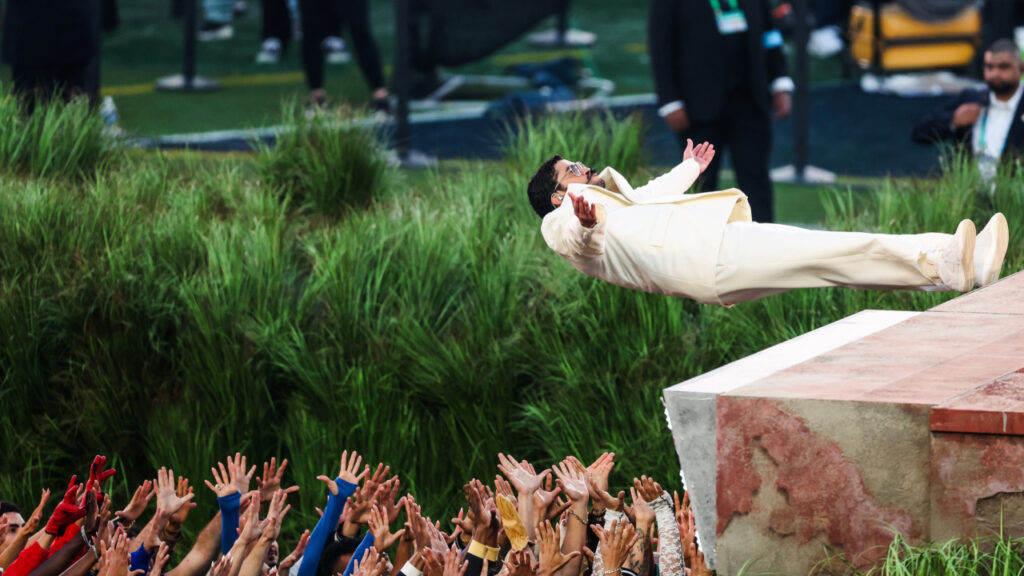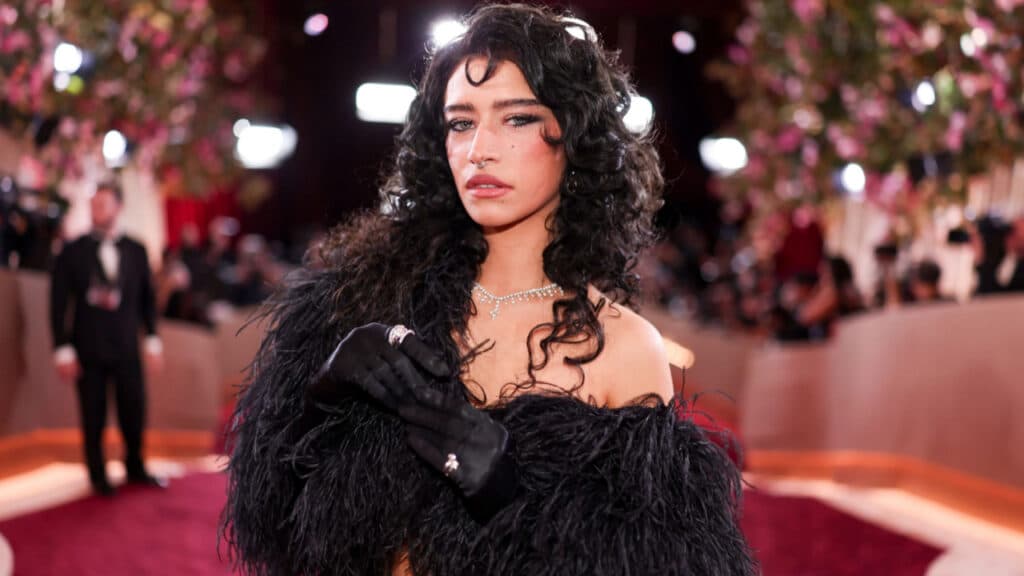
Beyoncé’s Buffalo Soldiers Look Backfired—Here’s Why People Are Mad
Beyoncé is under hot water. The US singer is facing online backlash for one of her style choices. The piece in question? A graphic T-shirt she sported on Day 1 of her tour’s three-date stop in Paris. The item has spawned criticism for labelling Native Americans and Mexican revolutionaries as “enemies of peace.”
The Story of Buffalo Soldiers
In case you missed it, Beyoncé is currently taking her latest tour, Cowboy Carter, to the global stage. After stops in Los Angeles, Chicago, New Jersey, and London, the singer landed in Paris for a series of concerts at Stade de France. On the opening night, the “Texas Hold’em” singer made an appearance dressed in a “Buffalo Soldiers” graphic tee.
For context, the Buffalo Soldiers were a group of African American soldiers serving in the US Army during the post-Civil War era. The group supposedly received its name from Native Americans, who drew parallels between Black soldiers and buffalo because of the color of their skin and the texture of their hair. However, scholars and researchers have pointed out that it was unlikely that Native Americans would use the name of a sacred animal to refer to their adversaries.
Praised by some and scrutinized by others, these soldiers played a divisive role as the Indian Wars unfolded. Scholars like Paul Lockman and Quintard Taylor credit them for their peacekeeping activities. “The presence of the Buffalo Soldier brought peace, law, and order to the Western frontier,” Lockman writes in a paper published in The Social Science Journal. Meanwhile, Taylor, while acknowledging the complexity of their history, regards Buffalo Soldiers as heroes who defended civilians from intruders and raids and “even defended indigenous tribes from white people.”
However, these soldiers have not been exempt from criticism. Crystal Paul opened an article on The Seattle Times, stating that Buffalo Soldiers contributed to the expansion of white settlers on the Western frontier. “Soldiers in the all-black regiments fought in the American Indian Wars, protected white settlements, and built and patrolled infrastructure that paved the way west for more white settlers,” she wrote.
Beyoncé Under Fire
Beyoncé’s act of acknowledging the existence and role of the Buffalo Soldiers in US history is not, per se, controversial. After all, historians have argued that Black soldiers were instrumentalized in the Indian Wars. Fresh from the Emancipation period, many regarded serving in the military as a source of stability, even despite the racist treatment they encountered and the clear power imbalances. People online also label them as “victims” of an oppressive and colonialist war that benefited from their circumstances.
What truly sparked the backlash was a picture on the singer’s website. In the image, which appears to depict the back of her T-shirt, there’s a lengthy text explaining the history of the Buffalo Soldiers. In one of the paragraphs, the text reads, “[The Buffalo Soldiers’] antagonists were the enemies of peace, order, and settlement: warring Indians, bandits, cattle thieves, murderous gunmen, bootleggers, trespassers, and Mexican revolutionaries.”
Many of Beyoncé’s supporters have claimed the text was an invitation to rethink and reflect on the role of the Buffalo Soldiers in US military history. Others believed it was presented as a form of critique. Shared without any context or clarification, however, people have been left to interpret the message on their own. And the sentiment is largely negative.
Native American, Mexican, and Black people have taken to the internet to call out Beyoncé for the tone-deaf text. In the context of ICE raids in the US and global wars and Indigenous reinvindication around the world, people believe Beyoncé’s T-shirt was an insensitive form of American propaganda.
Beyond Beyoncé
This isn’t the first time Beyoncé, or artists in general, have sparked outrage with political statements through fashion. However, her status as one of the world’s biggest stars and her large platform have certainly amplified the issue.
On TikTok, many people, including her fans, have taken a stance on the topic, demanding she apologize to Native Americans and Mexican people. Others have taken this as an opportunity to revisit history and educate their audiences on the complex history between Buffalo Soldiers and Indigenous people.
However, the situation has also brought many to question how people engage with accountability and selective outrage. Should people be demanding accountability from a rich celebrity at all? Are people truly enraged by the words on Beyoncé’s T-shirt, or is this just a case of performative outrage because Beyoncé is a Black woman and thus held to higher standards? The debate is on.




